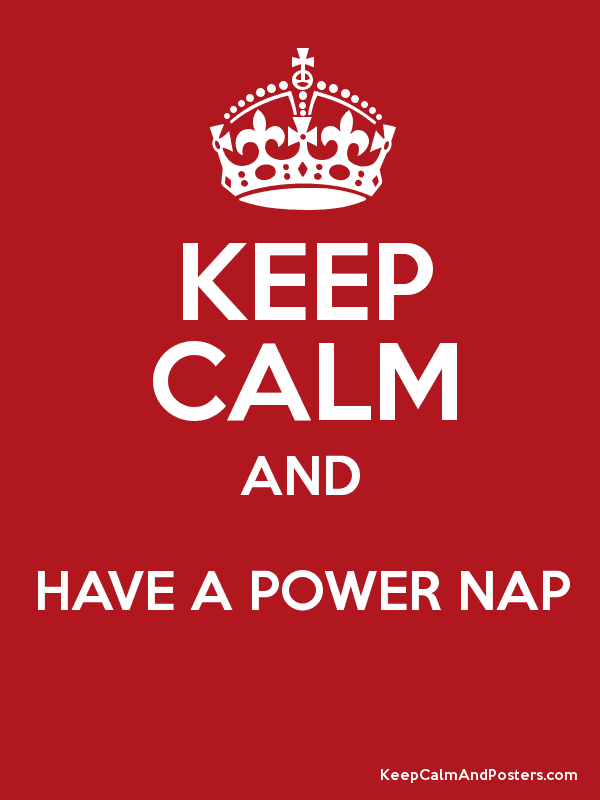Those three words
startled me out of a mind-daze I found myself in recently in the early morning,
standing by the door inside the train station. It was one of those moments of
staring with a fixed gaze at something but nothing at the same time. My eyes
were slightly unfocused as my mind wandered. I was clearly more interested in
what was going on in my head at the moment than what was playing out before me
visually; hence, I “zoned out,” as I may do upon occasion. I was completely
awake and cognizant of my surroundings – but it must not have seemed that way
to a young guy who walked into the station, saw me, and quickly and concernedly
asked me that opening question.
“Are you OK?”
I quickly snapped
out of my daze and assured him that I was fine, and he went on his way. But
I was left with a couple of interesting feelings. For one, I was slightly but
not terribly embarrassed for being noticed and called out for what must be an
unusual state of appearance. More than feeling embarrassed, though, I felt a
little more self-aware of this mind-daze state. I never really thought about
how trance-like I might appear when in one of those dazes. Note to self: look
down and not straight ahead next time you decide to zone out.
But mostly, I was
left with a good feeling about this chance encounter and what was truly a
random act of kindness. I’m typically in my own world on my morning commute, as
so many fellow commuters are – keeping to ourselves, minding our own
business, not interacting. This day, however, a fellow human being stopped on his
journey to make sure that I was OK. Nothing monumental – and it shouldn’t
be cause for proclaiming the hope for or rebirth of humanity. But on this day, in
that moment, it left me with a good feeling, knowing that someone – even a
stranger – cared enough to look after my welfare.
And that makes me feel
just a little bit more than “OK.”





